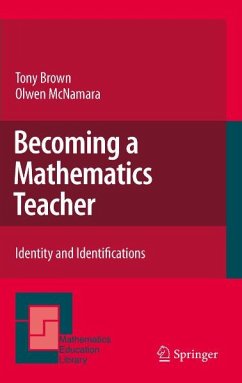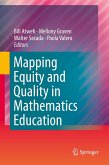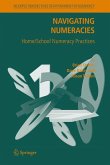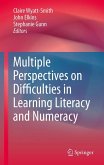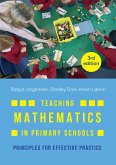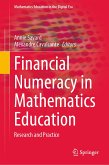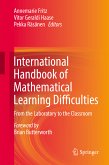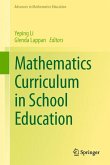Dieser Download kann aus rechtlichen Gründen nur mit Rechnungsadresse in A, B, BG, CY, CZ, D, DK, EW, E, FIN, F, GR, HR, H, IRL, I, LT, L, LR, M, NL, PL, P, R, S, SLO, SK ausgeliefert werden.
"The defining feature of Becoming a mathematics teacher: Identity and identifications is in the way it engages with the concept of identity by locating itself squarely within contemporary social theory. ... Becoming a mathematics teacher: Identity and identifications is certain to stimulate reflection and discussion. ... a vehicle for transformative potential for teacher education, just as much as it is a means to uncovering terrains of struggle. Teacher educators can use the narratives of prospective and beginning teachers to promote more equitable forms of organisation." (Margaret Walshaw, Journal of Mathematics Teacher Education, Vol. 15, 2012)
"The authors provide a rigorous theoretical perspective on the process of 'becoming a mathematics teacher.' ... the authors do provide some general and gentle insights into their theoretical perspectives, and these will be helpful to the wider mathematics education community." (Peter Grootenboer, Mathematics Education Research Journal, Vol. 23, 2011)

